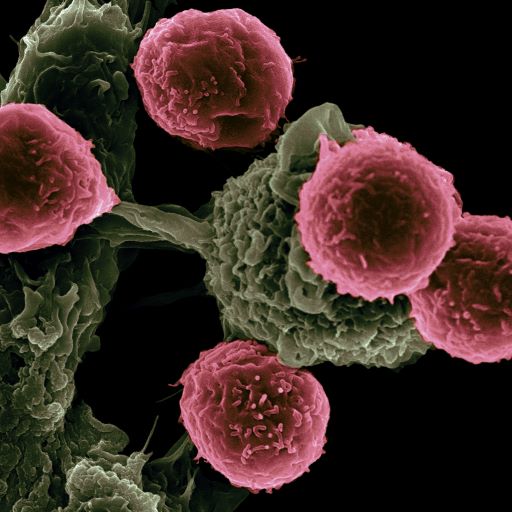What is a DVT? A DVT, or deep vein thrombosis, is a blood clot that forms in a deep vein in your body. Usually, DVTs form in your legs, and that can block your blood flow. Worse, a DVT can move to your lungs, creating a life-threatening situation. And, since DVTs affect up to 900,000 Americans each year, it's very important to learn how to prevent and treat this type of blood clot.

Several factors increase your risk for DVT. First, remaining immobile for too long is a major risk factor. (That's why we warn patients to stay active on long plane rides or car trips.) Why is this the case? Well, when you stop moving, your blood flow slows down, too. As such, your blood can act on its natural instinct to clot. And that's when trouble can develop.
Other factors that up your DVT risk include being overweight or obese. You may also have an increased risk for Deep Vein Thrombosis if you've had recent surgery, especially on your knees, hips or the bones in your lower body. Also, this study reveals that anxiety and depression dramatically increase your risk for this type of clot.
Finally, women have a higher DVT risk, especially during pregnancy. But, even when not pregnant, taking a combination oral contraception (COC) may increase your blood clot risk.
Here's a scary fact: some people could form a deep vein blood clot without any symptoms. Still, most people will notice blood clot warning signs such as leg swelling, redness or warmth on your skin, as well as walking challenges.
If you're at risk for blood clots, depending on family history of blood clotting disorders or if you are taking medications that increase your chance of forming a blood clot, your healthcare provider may suggest taking anticoagulants. Anticoagulants are medications that prevent blood clotting. If there's a chance you've got a deep vein thrombosis, you may need an ultrasound or MRI to confirm your diagnosis. Once confirmed, you'll receive treatment with three main goals.
To meet those goals, your doctor may prescribe blood thinners, or anticoagulants, as we mentioned earlier. Depending on your situation, you may take these medications orally or by IV infusion. Even after your initial clot is resolved, you may need to take these medications for three months or longer.
In order to break up your existing clot, you may need an additional medication type called a thrombolytic. And, after any kind of blood clot treatment, you'll need to wear compression stockings to keep blood from pooling in your legs and to improve your overall blood flow.
Clearly, developing a deep vein thrombosis is a serious medical concern. That's why we focus on preventative care in our Houston and Dallas area vascular clinics. So, how can you keep blood clots from forming?
Of course, there's no guaranteed prevention strategy. However, by maintaining an active lifestyle, following a vein-healthy diet and wearing compression stockings, you can certainly reduce your risk for this type of blood clot.
Now, as we said, this method isn't foolproof. And that means you may still develop a deep vein thrombosis. Which brings us back to our initial question: What is a DVT? It's a medical emergency! So schedule an immediate appointment immediate appointment immediate appointment with one of our specialists if you notice any symptoms of this kind of clot.
Source: Mayo Clinic

Scheduling
Please contact our dedicated specialists to schedule a consultation today.
2024 Texas Endovascular. All rights reserved. Website Design by Healthcare Success